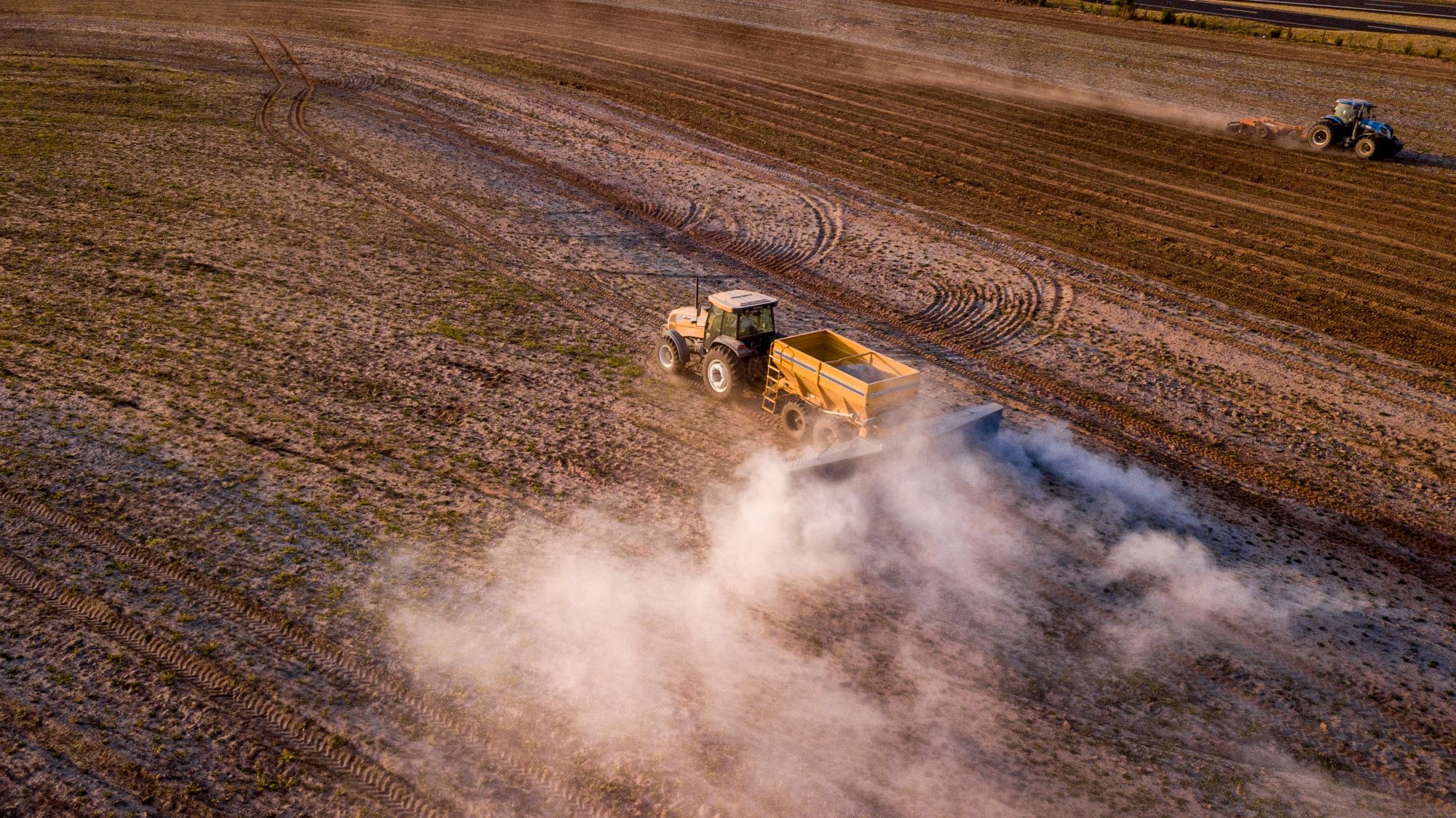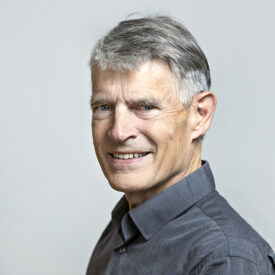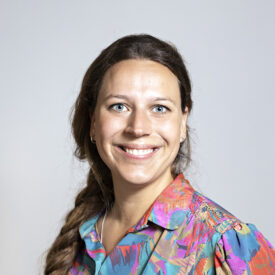Optimization of rock dust application to restore forests
 How to optimize application of rock dust to combat soil acidification and restore European forests on poor sandy soils? That is the question a consortium of five European organisations is keen to answer. To make this research possible they have jointly submitted an application to Horizon Europe, the EU’s comprehensive grant programme whose objectives include achieving climate and sustainable development goals through innovative measures and projects. Commissioned by the Dutch province of Noord-Brabant (North Brabant), Partners for Innovation coordinated the complex process of the submission and participated in drafting the application.
How to optimize application of rock dust to combat soil acidification and restore European forests on poor sandy soils? That is the question a consortium of five European organisations is keen to answer. To make this research possible they have jointly submitted an application to Horizon Europe, the EU’s comprehensive grant programme whose objectives include achieving climate and sustainable development goals through innovative measures and projects. Commissioned by the Dutch province of Noord-Brabant (North Brabant), Partners for Innovation coordinated the complex process of the submission and participated in drafting the application.
Rock dust is a residue from mining which is produced as a by-product of the exploitation of stone quarries. Spreading this dust on forest soils has been shown to counteract the effects of acidification, which is mainly caused by excessive nitrogen deposition in forests. When the European sandy soils are supplemented with rock dust, minerals that were leached out as a result of acidification are replenished, offering the beech and oak forests on these soils a chance to recover. These forest types are native to much of Europe, especially in France, Belgium, the Netherlands, Denmark, northern Germany and Poland.
Building and sharing knowledge
In the Dutch provinces of Noord-Brabant, Limburg and Gelderland, mineral-rich rock dust is already applied as a soil improver for forest restoration. However, knowledge on the application, advantages and disadvantages is fragmented, incomplete and insufficiently known among relevant nature and forest management organisations. Moreover, there are gaps in knowledge, especially when it comes to longer-term effects on soil organisms. To optimise and further scale up the application of rock dust, the province of Noord-Brabant has taken the initiative to apply for a Horizon Europe grant from the European Union.
The aim of the application is to strengthen existing research in North-West Europe, filling-in the knowledge gaps and to gather all know-how into an expert system that will benefit all who work on the restoration of forests that are subject to severe acidification.
The first essential task was to identify organisations that were in some way already looking into the application of rock dust. Initially, the University of Leuven, the Bosgroep Zuid Nederland (a Dutch cooperation of forest owners) and the Biological Station Krickenbecker Seen presented themselves as expert and committed partners. Later, the University of Copenhagen and the Soil Service of Belgium were approached, at the suggestion of the University of Leuven, and included in the consortium.
Commitment and enthusiasm
Horizon Europe is a comprehensive innovation programme with a subsidy budget of €0.3 billion for biodiversity restoration in 2023 and 2024. For the theme “Nature protection: Better methods and knowledge to improve the conservation status of EU-protected species and habitats”, that covers this application, a maximum of €8 million is available in the current opening. Submitting a full application with 7 different work packages, is a time-intensive and complex process that requires a lot of consultation and coordination effort. It was therefore a challenge to get the job done within the limits of the available budget and quality requirements. The submission project was completed successfully in one and a half months, thanks to the great expertise and solid commitment of all organisations involved.
Project development
Commissioned by the province of Noord-Brabant, Partners for Innovation set up this project, brought the parties together, supervised and coordinated the submission process, participated in writing the application and took care of the final submission of the application.
We have extensive experience in project development and funding for sustainable innovation, particularly with European programmes such as LIFE and Horizon Europe. Would you like to how we can support you in setting up a multi-party project and making an application? Please contact Peter Karsch, Torben Mulder or Jasmijn Sybenga.
Want to
know more?
Contact us!



